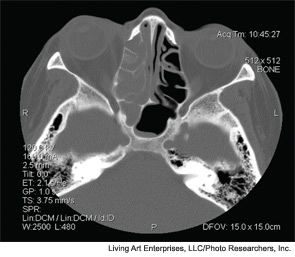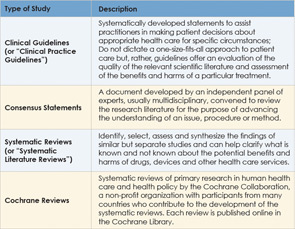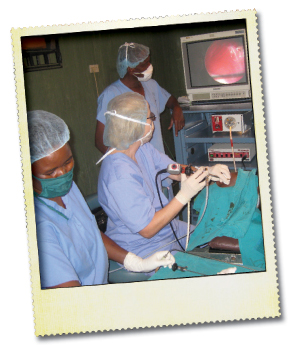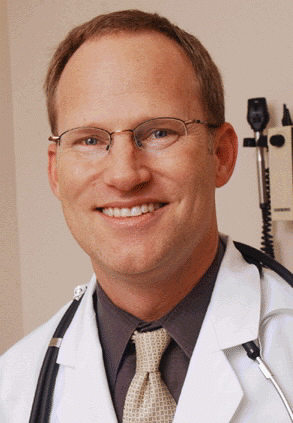Experts discuss the subtle differences between recently released guidelines from IDSA and older guidelines from the AAO-HNS.



Guidelines are becoming an essential component of clinical care. A look at their development and intended use.

Although steroids are widely used to treat a variety of otolaryngologic conditions, the short- and long-term side effects remain a concern and fuel the need to better understand their proper role. Contributing to the ongoing controversy over their use are gaps in the evidence, panelists said here Sept. 12 at the American Academy of Otolaryngology-Head and Neck Surgery Annual Meeting.

The first time Gayle Woodson, MD, went on an international otolaryngology outreach mission 15 years ago, she was “a little afraid to go.” The chair of otolaryngology at Southern Illinois University in Springfield was traveling to Tanzania, a country prone to violence and war, and there was no telling what kind of environment she was entering.
Recent publication of practice parameters for surgery in adults with obstructive sleep apnea (OSA) by the American Academy of Sleep Medicine (AASM) has set off another round of debate on the need for otolaryngologists to get involved in generating their own guidelines. Although otolaryngologists have yet to agree on whether or not the time is right for guidelines on surgical treatment for sleep apnea, consensus can be claimed regarding the need perceived by the American Academy of Otolaryngology–Head and Neck Surgery (AAO-HNS) to get on the evidence-based bandwagon.

Donald Palmisano, Esq., MD, believes the key to curing the health care crisis in the U.S. involves respecting the sacredness of the doctor-patient relationship and capping the size of malpractice awards.

It has been suggested that since its introduction in 1992, the term evidence-based medicine (EBM) has reached almost iconic status within the medical lexicon.